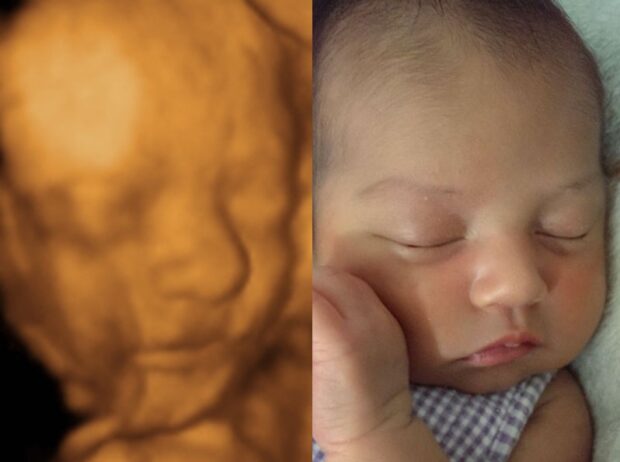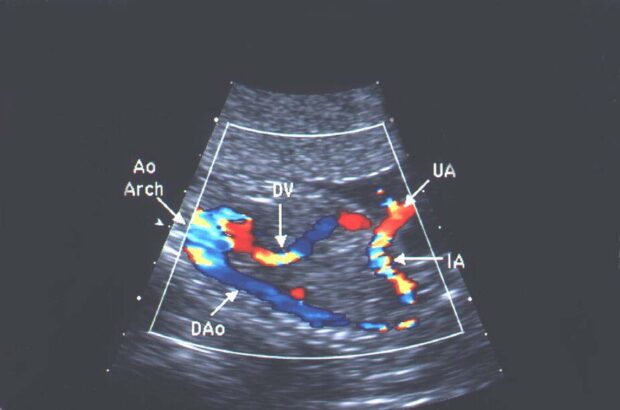A prenatal or pregnancy ultrasound creates an image of your baby on a screen using sound waves. Pregnancy care experts use it to monitor your baby’s health and discover pregnancy issues. Most pregnant women get two ultrasounds, but you may have more if your clinician believes it is medically essential. If Dr. Leela Patel South Charleston detects abnormalities during your standard ultrasound, they may provide the information needed to make a diagnosis.
1. Transvaginal ultrasound
A transvaginal ultrasound may be performed to generate a clearer picture. This ultrasound is more likely to be utilized in the early stages of pregnancy, when acquiring a clean image may be more challenging. A tiny ultrasound probe is placed into the vagina to perform this examination. While the photos are recorded, the probe lies on the rear of your vagina.
2. 3D ultrasound

A 3D ultrasound, unlike a typical 2D ultrasound, enables your physician to view the breadth, height, and depth of the unborn child and your organs. This ultrasound can be extremely useful in detecting any abnormalities that may arise throughout pregnancy. A 3D ultrasound employs the same method as a regular ultrasound but creates a 3D image with a special probe and software.
3. 4D ultrasound
A 4D ultrasound is sometimes known as a dynamic 3D ultrasound. Unlike other ultrasounds, a 4D ultrasound produces a moving video of the fetus. It gives a more realistic depiction of the baby’s features and movements. It also captures more highlights and shadows. This ultrasound is performed similarly to other types of ultrasounds but with specialized equipment.
4. Fetal echocardiography

A fetal echocardiogram is conducted if your specialist believes your baby has congenital cardiac abnormalities. This test is similar to a traditional pregnancy ultrasound, but it may take longer to finish. It obtains a detailed picture of the fetus’ heart, revealing its size, shape, and structure. This ultrasound also enables your doctor to see how your baby’s heart is working, which can be useful in identifying cardiac abnormalities.
Want to find out how to stay healthy and happy during pregnancy? Check out this blog post where we dig deeper into this topic.
Why are pregnancy ultrasounds performed?
During pregnancy, an ultrasound can be utilized for various purposes. If a prior ultrasound or blood test revealed a concern, your doctor might schedule more ultrasounds. Nonmedical ultrasounds may also be performed, like providing pictures for the parents or identifying the sex of the baby. While ultrasound technology is safe for both mother and child, healthcare providers advise against using it when there is no medical purpose or advantage.
A pregnancy ultrasound may be both exhilarating and worrisome. Your prenatal care provider uses ultrasound to understand better how your baby is growing and developing. There are several types of ultrasounds, and the exact timing will depend on your practitioner. Most pregnant women receive two ultrasounds, one in the initial trimester and the other in the second. If there is a potential issue or a medical cause for more ultrasounds, your clinician will schedule more as a precaution.
Discuss with your provider the ultrasound schedule during pregnancy and what to expect. Call Patel & Patel, M.D., Inc., or book your appointment online to determine whether you and your unborn baby are ideal candidates for ultrasound procedures.




























